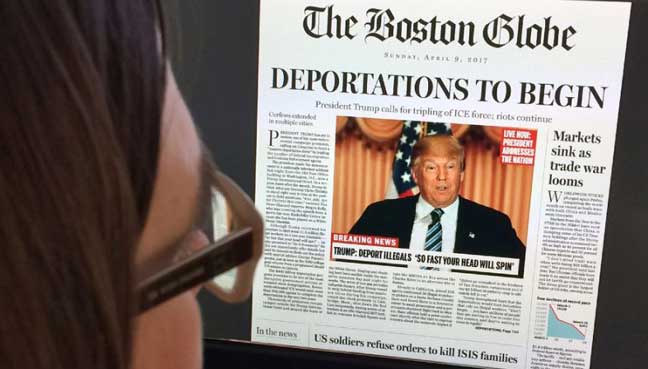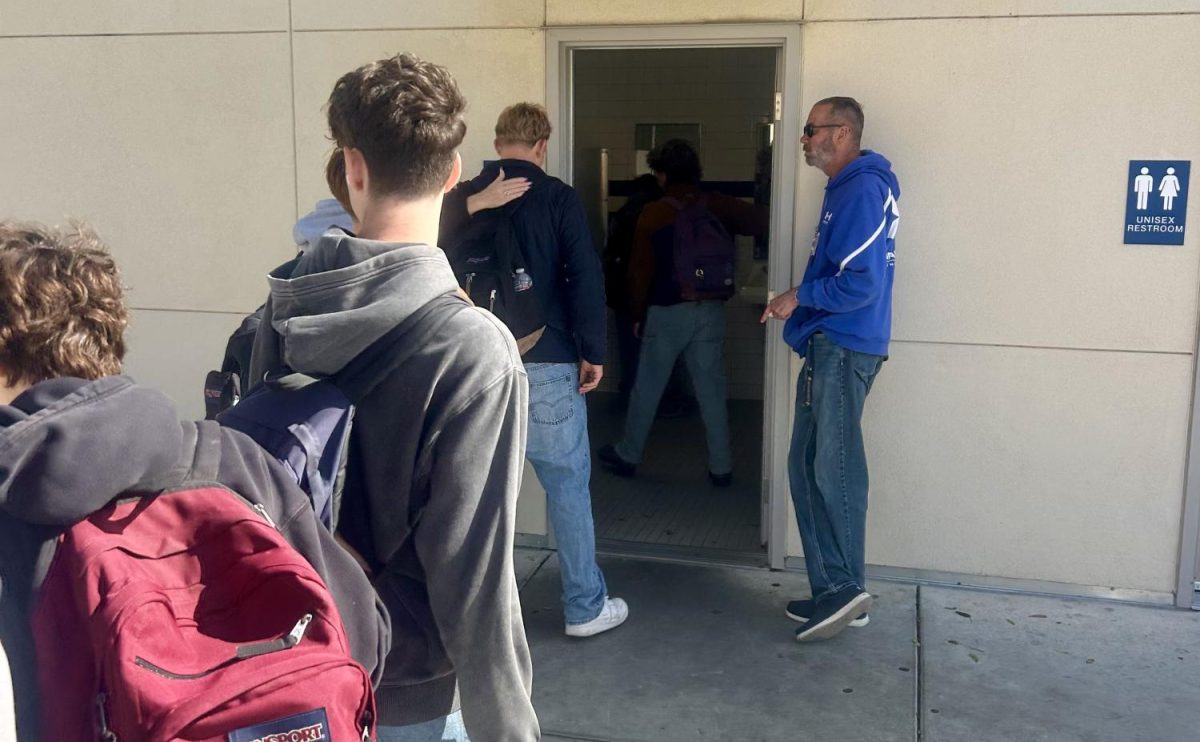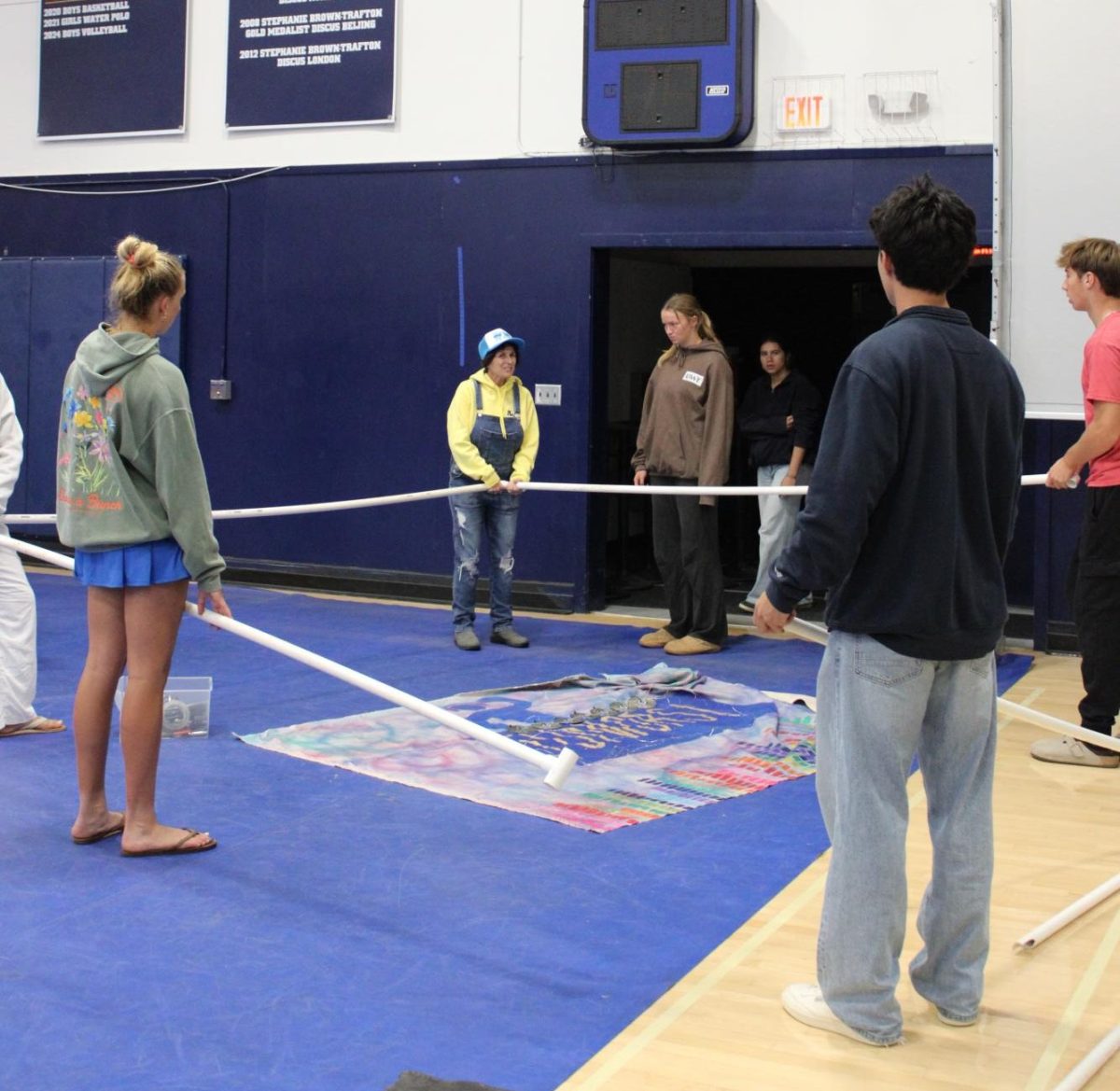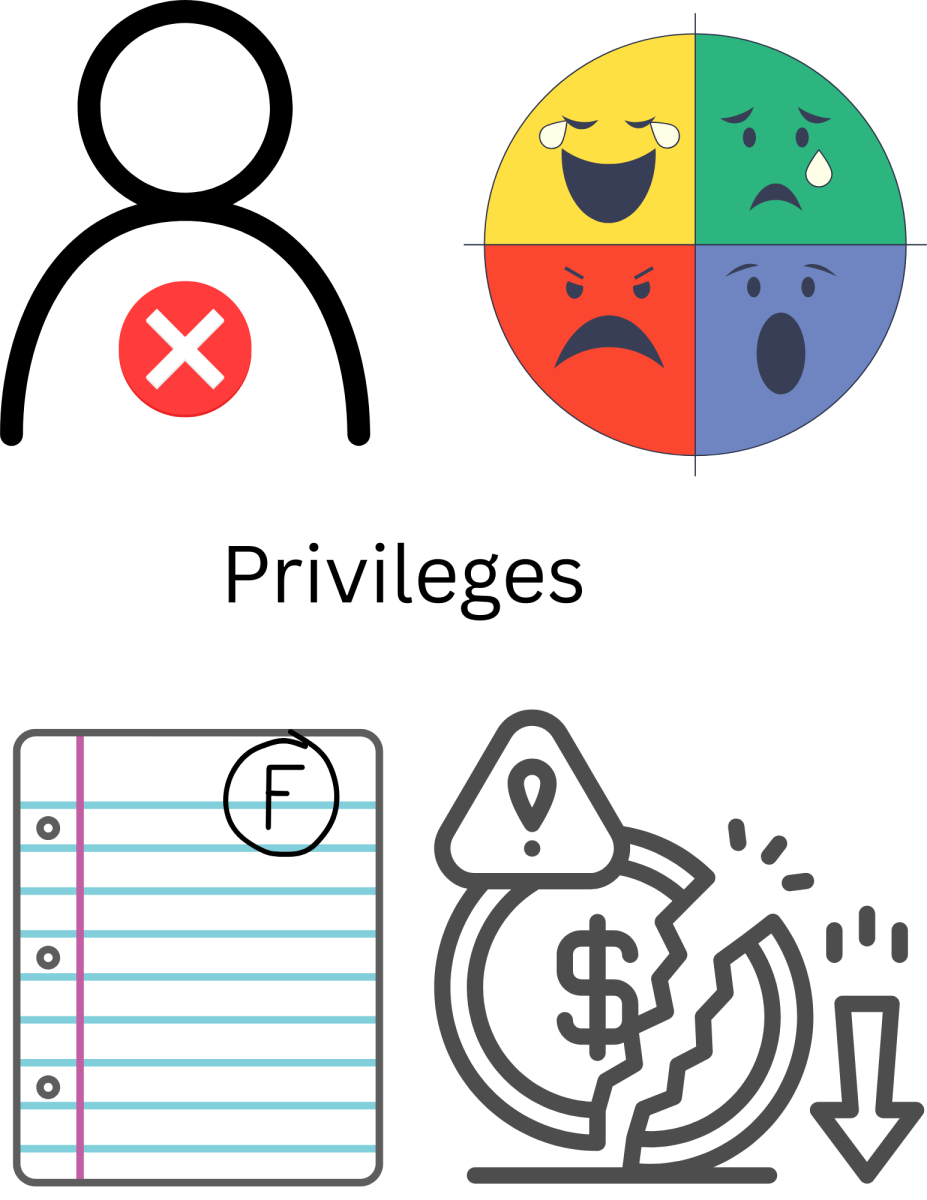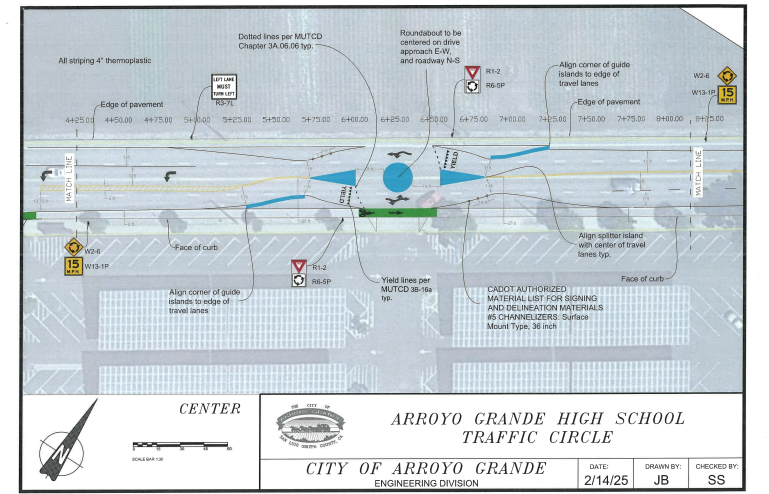*Names have been changed to protect the identity of the sources
At the chime of the school bell, Ricardo Hernandez* grabs his bag and heads to his next class, trying to focus on his Algebra homework. But, beneath his concentration lies a constant fear: that one day, he could come home to find his mom and dad missing. Like millions of students across the country, Hernandez is navigating the pressures of high school while living with the constant uncertainty that comes with his family’s undocumented status.
Undocumented immigrants’ concerns regarding the possibility of deportation increased recently with unannounced I.C.E. (Immigration and Customs Enforcement) raids in the Valley, along with recently inaugurated President Trump declaring the US-Mexico border a national emergency.
The imminent fear of deportation lingers in the background for many Central Coast families.
“The threat [of deportation] does weigh on me mentally, the possibility is always there,” said Hernandez. “It hasn’t broken me, though.”
Despite the uncertainty of potential deportation, many students with undocumented parents have learned to navigate life calmly.
“I think all undocumented families face challenges, we all have, so we kind of have to adopt an ‘if it happens, it happens’ mindset,” John Arenas said.
With Trump’s recent election and promises to crack down on the illegal population, many previous fears have intensified.
“I’m shitting myself because Trump got elected,” Ricky Lopez said. “I could lose my dog, my family… even classmates.”
President Trump’s immigration policies and promises—including efforts to end birthright citizenship, ramp up deportations, and restrict asylum—have sparked fear and outrage among immigrant communities. Many worry that his proposals could negatively impact the lives of natural-born citizens, especially those in immigrant families.
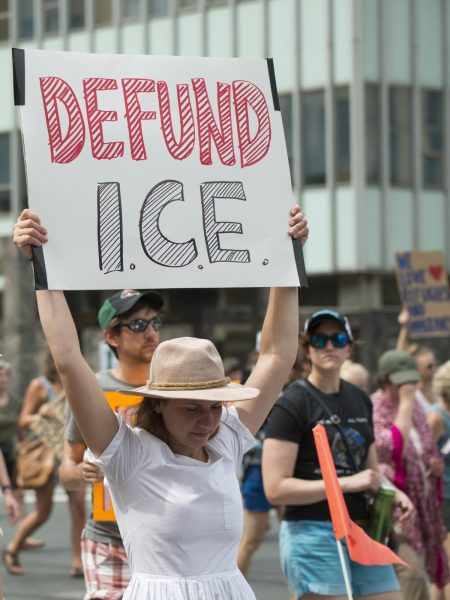
“It’s crazy to me that taking [away] birthright citizenship is even possible. I’ve been here my whole life, there’s nothing different about me other than my skin color,” Hernandez said.
Along with attempting to revoke birthright citizenship, Trump’s administration’s actions have also had indirect consequences, such as discouraging students from applying for federal financial aid. Many undocumented and mixed-status families fear that disclosing personal information on the Free Application for Federal Student Aid (FAFSA) could put them at risk of deportation, deterring eligible students from accessing the financial support they need for higher education.
“Fuck the FAFSA, that shit not gonna protect my parent’s identity,” Lopez said. Instead, Lopez opts for the California Dream Act, as the latter does not share participant’s information with the federal government or immigration enforcement.
Many undocumented and mixed-status students feel that these issues—including fears of deportation, Trump’s attempts at revoking birthright citizenship, and barriers to financial aid—go unnoticed and wish others were more informed.
“I’d like it if more people brought awareness to these issues,” Arenas said. “There’s a lot of people who aren’t fully aware of what’s happening, or they’re choosing to be ignorant. I think things like assemblies would make more people care if they heard about other people’s situations and how [increasing fears of deportation, revocation of deportation relief, barriers to financial aid] is hard for them.”
Many students believe education about these issues could make them feel safer on campus, especially as fear of deportation increases. Recently, I.C.E. has attempted to conduct raids on school grounds despite being federally illegal without a warrant, further exacerbating these concerns.
“I’d like to see support for people in these situations and the assurance that we’re safe at school,” Hernandez said.
Congressman Salud Carbajal, who immigrated to the United States as a child, is a prominent advocate for immigration reform.
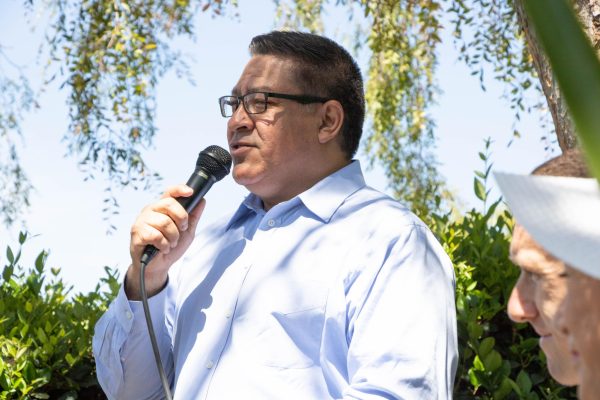
“Unfortunately, our current immigration system is deeply flawed. It leaves noncitizen residents living in fear, denies aid to asylum-seekers, and allows workers to be exploited,” Carbajal said.
To partially combat his country’s “flawed” immigration policies, Carbajal has taken action to support American military families.
“This Congress, I also re-introduced the bipartisan Protect Patriot Parents Act, which would make parents of U.S. military service members eligible to adjust for Lawful Permanent Resident status, preventing potential deportations or separations of military families,” Carbajal said.
This act enables students like Juan to secure citizenship for their parents in the future.
“I want to go to the military after high school and get my parent’s papers through that. It gives me reassurance knowing one day hopefully my parents will have papers and not have to worry about getting deported,” Arenas said.

